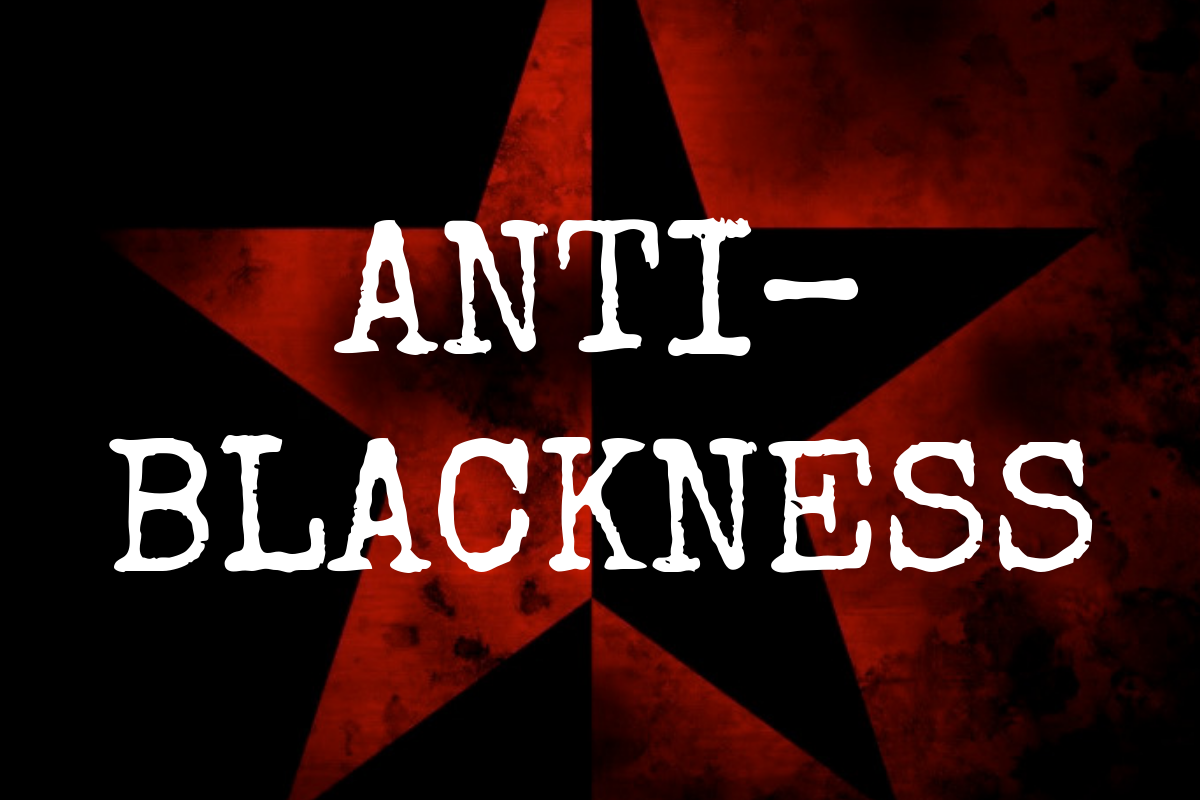

What do we do when we hear an individual or a marginalized collective use derogatory terms towards another marginalized community? Do you realize how so often one may not say anything?
Why do we do that?
When I see this happen or I hear about anti-Blackness, especially from other minority groups, I am understandably angry and very confrontational. As a member of a marginalized community, I would like to think that people who are also part of a marginalized community would be supportive and stand in solidarity with each other, understanding that oppression is a place that none of us like to be in.
I am thinking about the anti-Blackness that my own community still exists in as well as in other Latin American countries. My parents being Mexican immigrants to this country would hear a lot of anti-Black speech of what life would be on the other side of this borderland. Before my mother arrived here, she would hear conversations that spiraled around the Black community in the United States. I was astonished to hear that in those conversations someone had said to her, “Black people eat humans.” This idea that had been cycled and repeated within this small town of hers, Guanajuato, México. My mom, aunts, and uncles had known no better than to believe and fear the narratives being spoken from the people from the same rancho about the Black community.
It is no surprise that Mexico and other Latin American countries still continue to push anti-Blackness to children. Children, unconsciously, are not aware of how their actions perpetuate an idea that oppresses those with darker skin tones. I do want to say that there isn’t an excuse to act upon anti-Blackness, but children learn from those older than them, and not entirely on their own.
My mom tells me about a particular time when she had first arrived to the U.S. and had first interacted with a Black individual who happened to be a lady dating her uncle. When her siblings and her saw the Black lady, they ran to hide behind my grandma because of the fear (specifically, being eaten) from the lies that spread when she was living in México. My mom also told me that she realized that Black people were not to be feared when she started seeing Black children in school. Her thought process was that she had known that the stories she had heard were lies because she had seen how they were just like everyone else and the only thing that set them apart was the color of their skin. Tone of color was what scared some and caused speculation.
I think that most of our ignorance becomes engraved within the foundations of whiteness—the hierarchical power in which we still exist in. If you ask me, I don’t know if we’ll ever be a society that stops committing acts of anti-Blackness because the power of hierarchy is made upon the oppression of those most oppressed: the Black community. Especially, if non-Black people of color who push anti-Blackness are doing it as a way to embrace their own passing white privilege.
I think we don’t know any other way, or will we actually be able to know how to function without being anti-Black. What we can do is not let others’ opinions make our own reality. Let the production of your knowledge be based on reliable sources and not relay your views to be influenced upon a group of people, media, and generational racism.
***
Cynthia Escobedo (she/her) is a Queer Mexican and American. Born and raised in Chicago, Illinois. She is a first-generation college student attending her last year at Beloit College. She is double majoring in Anthropology and Critical Identity Studies.



For all have sinned and fall short of the glory of God, Romans 3:23. There is no one without sin no not one not even ourselves Romans 3:10! Take No Sides or Politically Correctness Victim
View don’t fall into the Mediocre Race Snare! Political Tyranny and Correctness must Die! Trust No One!
[…] color become my own views because mid-2000’s television really was something else. Additionally, Latinos are known for being anti-black, and are vocal about it, but of course I’m not speaking for all Latinos. I had to be around that […]
[…] color become my own views because mid-2000’s television really was something else. Additionally, Latinos are known for being anti-black, and are vocal about it, but of course I’m not speaking for all Latinos. I had to be around that […]
wow she/her went to college i bet she/her family is so proud